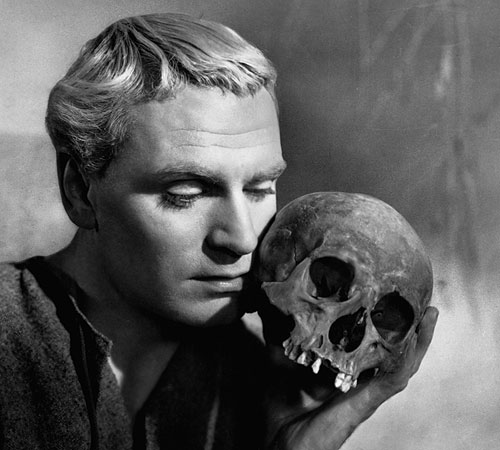Murdoch, a.k.a. Macbeth, etc.
No fear, Shakespeare: Macbeths and Lears and Othellos are still strutting over the world's stage. And they're all embodied, for better or worse, by Rupert Murdoch, opines an opinions writer in today's New York Times. Stephen Marche points out some characteristics of Shakespearean tragedy—from the connection between state and family to the pile-up of bodies—and argues that the journalism scandal echoes them all.
Here he is on family ties:
In “King Lear,” a family squabble about a retiree can be rectified only by a full-scale invasion by France. In “Antony and Cleopatra,” the fate of the Roman Empire hinges on a man who likes his Egyptian mistress more than his family.
In “Hamlet,” Shakespeare makes it clear that Claudius is a capable ruler, but because he has killed his brother and married his brother’s sister, the state must fall. The corruption within a family matters more to the health or disease of government than any policy matter.
As for the Murdochs:
The domestic has always mingled with the political for the Murdochs as well. The children have occupied different outposts of the empire. Rupert Murdoch’s marriage to Wendi Deng Murdoch was supposed to open access to Chinese media markets. (On Tuesday, defending her husband against a pie-wielding protester, she provided instead a sweet right hook.)
Now, Marche suggests—a trifle grimly, perhaps—Murdoch can look forward to his own demise.
We go to tragedy to watch a man be destroyed. Macbeth must be destroyed for his lust for power, Othello for his jealousy, Antony for his passion, Lear for the incompleteness of his renunciation.
To paraphrase the tweeting masses: remorse, remorse, his kingdom for remorse.
Give the piece a read right here.



